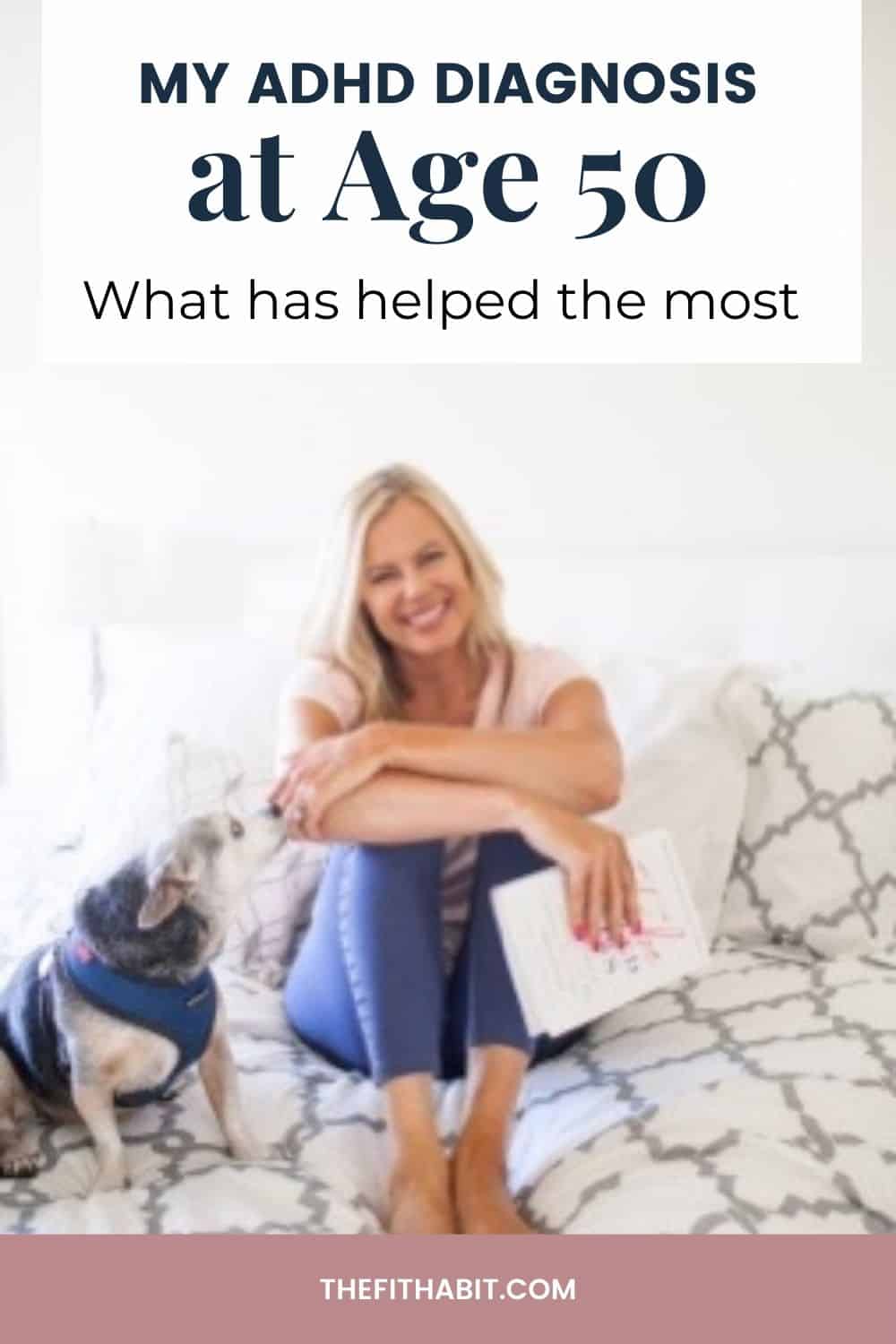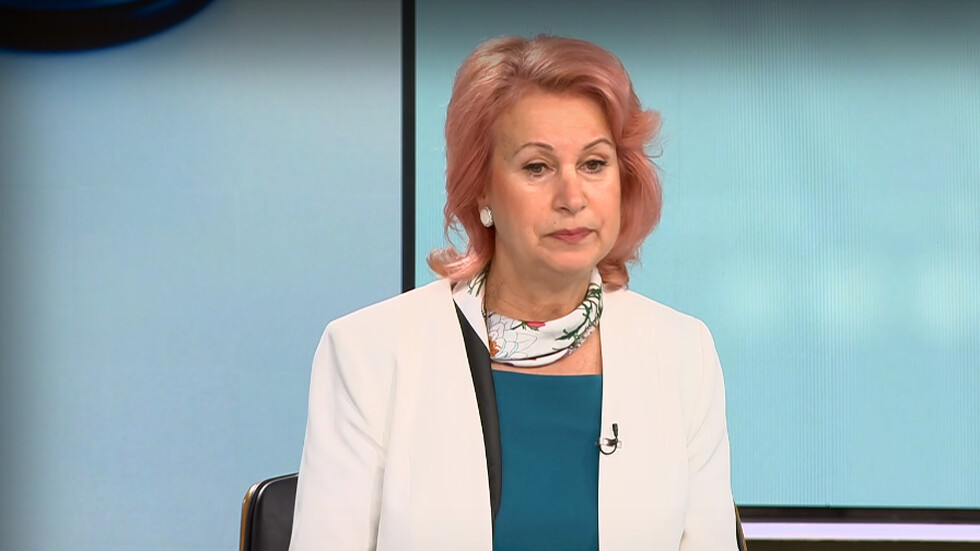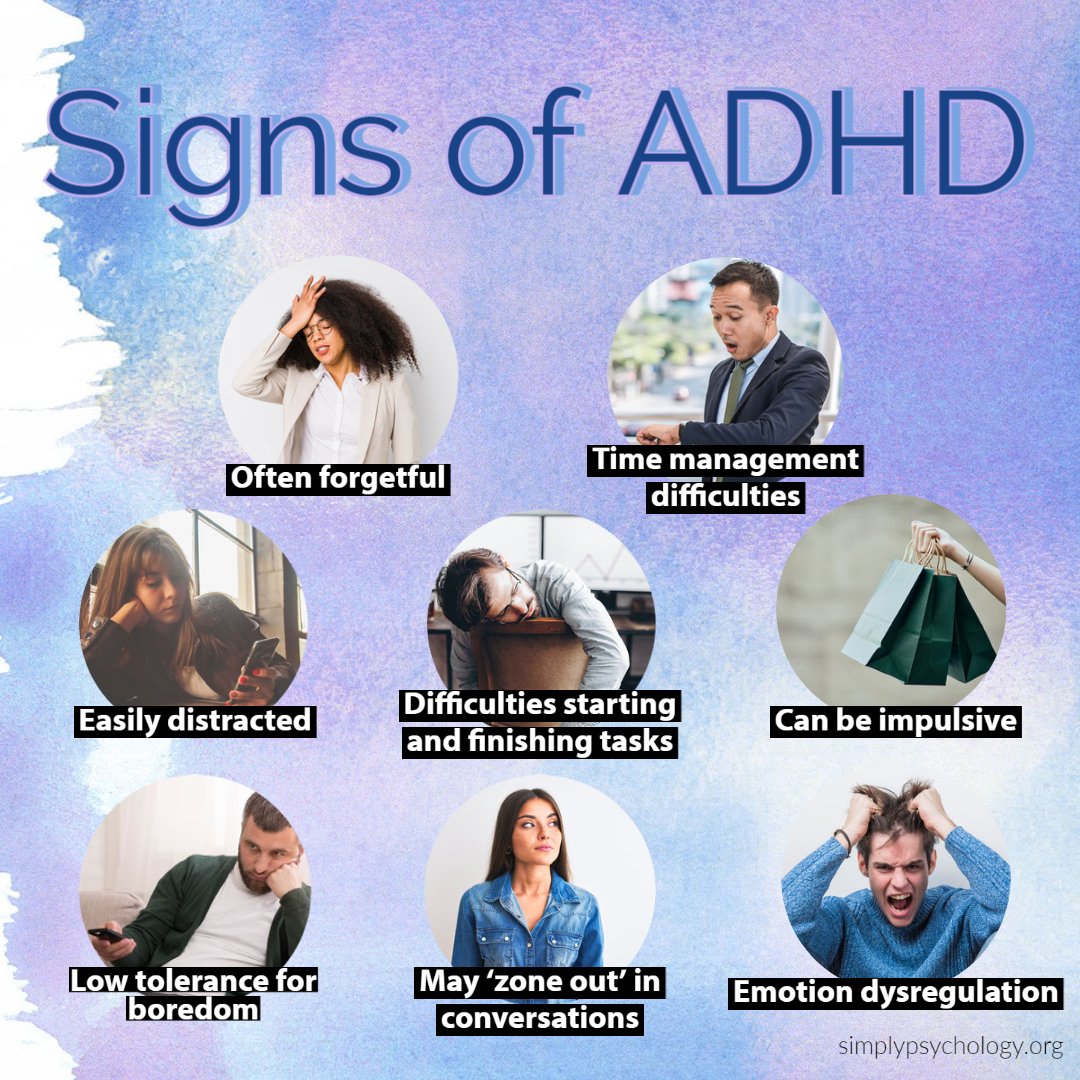I Think I Have Adult ADHD – What Should I Do?

Table of Contents
Recognizing the Signs of Adult ADHD
Adult ADHD often presents differently than in children. While hyperactivity might be less pronounced, other symptoms can be equally disruptive. Understanding these signs is crucial for seeking help.
Common Symptoms in Adults
Adult ADHD symptoms can significantly affect daily life. Common symptoms include:
- Difficulty Focusing: This can manifest as trouble concentrating on tasks, easily getting distracted, and struggling to complete projects. For example, you might find yourself constantly switching between tasks without finishing any, or losing your train of thought mid-sentence.
- Impulsivity: This can involve making rash decisions, interrupting conversations frequently, acting without thinking, and struggling to control emotional responses. For instance, you might impulsively spend money, say things you regret, or engage in risky behaviors.
- Hyperactivity (Often Internalized in Adults): While the outward hyperactivity seen in children might be less apparent in adults, it often manifests as restlessness, fidgeting, an inability to sit still for extended periods, and excessive talking. You might feel an internal pressure to constantly be doing something.
- Organizational Challenges: This includes difficulty managing time, prioritizing tasks, and keeping track of belongings. Examples include consistently being late, misplacing important items, and struggling to maintain a clean and organized workspace.
- Emotional Regulation Problems: This can involve experiencing intense emotional swings, difficulty managing frustration, and struggling to cope with stress. You might find yourself easily overwhelmed by emotions or reacting disproportionately to minor setbacks.
These symptoms can represent inattentive ADHD, hyperactive ADHD, or combined-type ADHD, depending on the dominant presentation.
Differentiating ADHD from Other Conditions
It's essential to remember that ADHD symptoms can overlap with other conditions. A proper differential diagnosis is crucial to ensure you receive the right treatment. Conditions that share similar symptoms with ADHD include:
- Anxiety: Both anxiety and ADHD can cause restlessness, difficulty concentrating, and irritability.
- Depression: Symptoms like fatigue, difficulty concentrating, and lack of motivation can be present in both ADHD and depression.
- Learning Disabilities: Difficulties with reading, writing, or math can sometimes be mistaken for ADHD, although learning disabilities have distinct characteristics.
- Oppositional Defiant Disorder (ODD) and Conduct Disorder (CD): These disorders involve behavioral problems that can overlap with the impulsive aspects of ADHD.
Therefore, a thorough evaluation by a specialist is vital to distinguish ADHD from other conditions.
Seeking a Professional Diagnosis
Getting a proper diagnosis is the first critical step towards managing adult ADHD.
Finding the Right Specialist
The best person to diagnose ADHD is a qualified healthcare professional specializing in ADHD. This could be:
- Psychiatrist: A medical doctor specializing in mental health who can prescribe medication.
- Psychologist: A mental health professional who can conduct assessments and provide therapy.
- Clinical Neuropsychologist: A specialist who can conduct comprehensive neuropsychological testing to assess cognitive functioning.
Finding a specialist can involve:
- Referral from your primary care physician: Your doctor can provide a referral to a specialist in your area.
- Online directories: Websites and professional organizations offer directories of mental health professionals specializing in ADHD.
The Diagnostic Process
The diagnostic process typically involves:
- Detailed symptom evaluation: You'll be asked about your symptoms, their frequency, severity, and impact on your life.
- Psychological testing: This might involve standardized questionnaires and assessments to evaluate your cognitive abilities and attention skills. Examples include the Conner's Adult ADHD Rating Scales and the WISC-V (Wechsler Intelligence Scale for Children – Fifth Edition, if applicable).
- Neurological evaluations (in some cases): These may include brain imaging or other neurological tests to rule out other conditions. This is less common but can be helpful in certain situations. The diagnosis of ADHD is primarily made through behavioral observations and symptom analysis.
Treatment Options for Adult ADHD
Once diagnosed, various treatment options can help manage ADHD symptoms.
Medication Management
Medication plays a significant role for many adults with ADHD. Common medications include stimulants (like methylphenidate and amphetamine) and non-stimulants (like atomoxetine). It's crucial to work closely with your doctor to find the right medication and dosage as individual responses vary greatly.
- Common ADHD Medications: Methylphenidate (Ritalin, Concerta), Amphetamine (Adderall, Vyvanse), Atomoxetine (Strattera).
- Potential Side Effects: Side effects can include changes in appetite, sleep disturbances, and increased heart rate. Your doctor will discuss these potential side effects and monitor you closely.
Therapy and Lifestyle Changes
Medication alone is often insufficient; complementary strategies are highly beneficial.
- Cognitive Behavioral Therapy (CBT): CBT teaches skills to manage thoughts, behaviors, and emotions related to ADHD.
- Coaching: ADHD coaches provide support and guidance in developing organizational strategies and coping mechanisms.
- Lifestyle Adjustments: These include regular exercise, mindfulness practices, and improving sleep hygiene. All of these contribute to improved focus and emotional regulation.
These approaches can significantly enhance the effectiveness of medication and improve overall well-being.
Conclusion
If you suspect you have adult ADHD, addressing the question "I think I have adult ADHD – what should I do?" requires a multi-faceted approach. Recognizing the diverse symptoms of adult ADHD, seeking a professional diagnosis from a qualified specialist, and exploring various treatment options, including medication and complementary therapies, are all crucial steps. Don't let undiagnosed ADHD control your life. Take the initiative and schedule an appointment with a healthcare professional today to discuss your symptoms and explore effective treatment options for adult ADHD. Take control and improve your quality of life.

Featured Posts
-
 Relatable Icon Jeff Goldblums Viral Oscars Photo Moment
Apr 29, 2025
Relatable Icon Jeff Goldblums Viral Oscars Photo Moment
Apr 29, 2025 -
 Mlbs Pete Rose Ban Trumps Criticism And Promise Of A Posthumous Pardon
Apr 29, 2025
Mlbs Pete Rose Ban Trumps Criticism And Promise Of A Posthumous Pardon
Apr 29, 2025 -
 11 Minciu Apie M Ivaskeviciaus Isvaryma Filmas Priesistore Ir Keiksmazodziai
Apr 29, 2025
11 Minciu Apie M Ivaskeviciaus Isvaryma Filmas Priesistore Ir Keiksmazodziai
Apr 29, 2025 -
 Prof Iva Khristova Za Gripa Nyama Vtora Vlna
Apr 29, 2025
Prof Iva Khristova Za Gripa Nyama Vtora Vlna
Apr 29, 2025 -
 Is It Adhd 8 Common But Often Missed Symptoms In Adults
Apr 29, 2025
Is It Adhd 8 Common But Often Missed Symptoms In Adults
Apr 29, 2025
Latest Posts
-
 Jdwl Srf Rwatb Abryl 2025 Melwmat Hamt L 13 Mlywn Mwatn
Apr 30, 2025
Jdwl Srf Rwatb Abryl 2025 Melwmat Hamt L 13 Mlywn Mwatn
Apr 30, 2025 -
 Meashat Abryl 2025 Mta Mwed Alsrf L 13 Mlywn Mwatn
Apr 30, 2025
Meashat Abryl 2025 Mta Mwed Alsrf L 13 Mlywn Mwatn
Apr 30, 2025 -
 Mwed Srf Rwatb Abryl 2025 Llmwatnyn Dlyl Shaml
Apr 30, 2025
Mwed Srf Rwatb Abryl 2025 Llmwatnyn Dlyl Shaml
Apr 30, 2025 -
 Tarykh Srf Rwatb Abryl 2025 Mwed Srf Meashat 13 Mlywn Mwatn
Apr 30, 2025
Tarykh Srf Rwatb Abryl 2025 Mwed Srf Meashat 13 Mlywn Mwatn
Apr 30, 2025 -
 3
Apr 30, 2025
3
Apr 30, 2025
